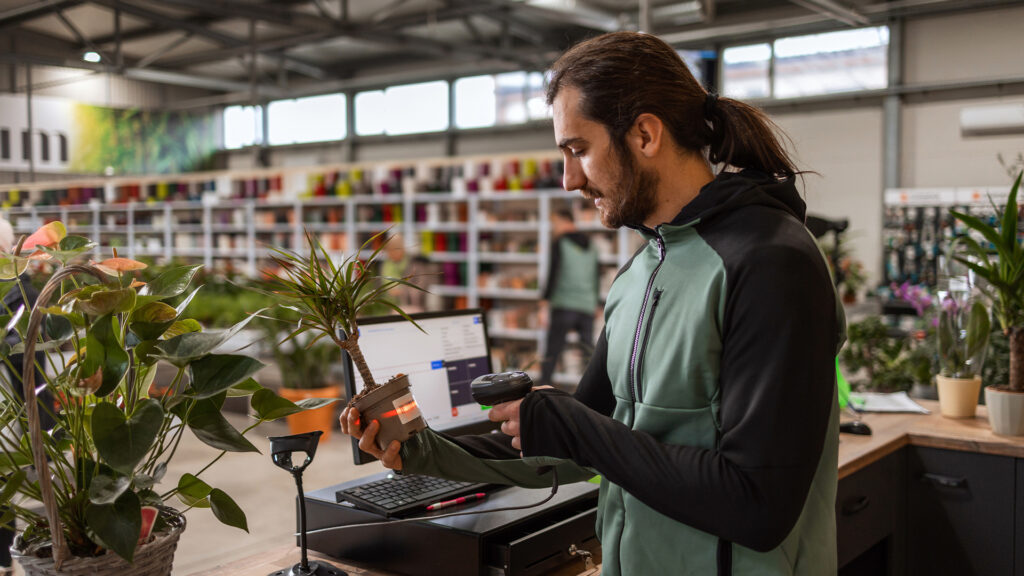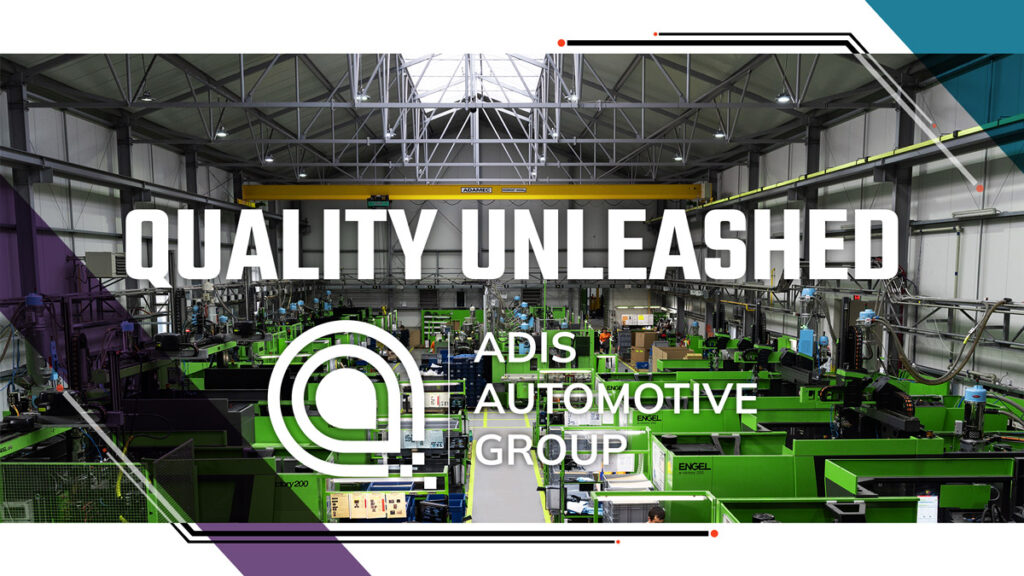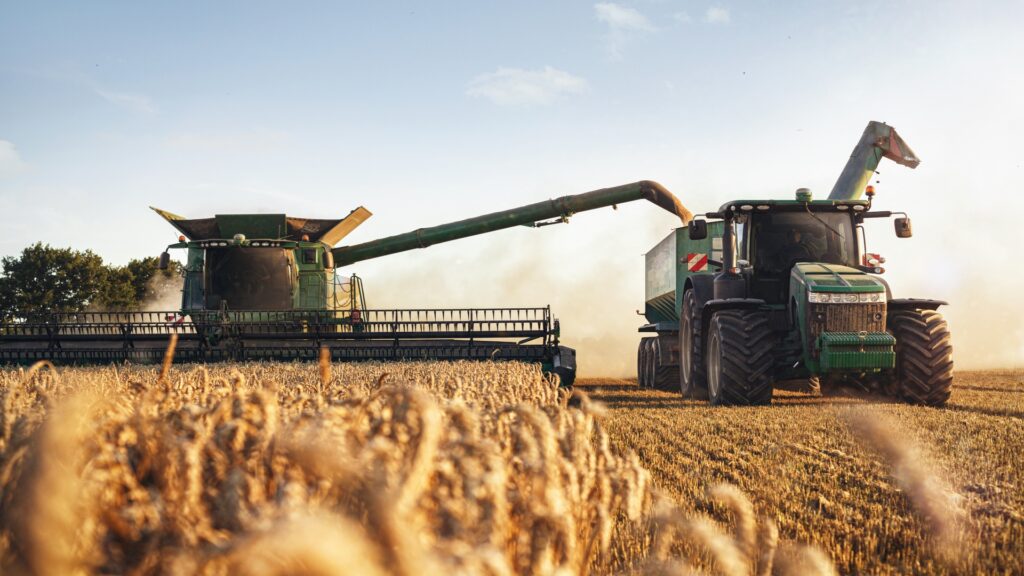Why packaging automation is the next frontier in supply chain resilience
When companies discuss the future of resilient supply chains, they often focus on sourcing, warehousing or forecasting. Yet packaging is rarely mentioned, even though it plays a central role in how products move through a system. In a landscape shaped by disruption, rising costs and sustainability demands, automated packaging has moved from a convenience to a necessity. Learn more about it!
Packaging as a hidden bottleneck
Modern supply chains are built for speed, but packaging processes are often slow, manual and inflexible. This mismatch creates friction, especially during peak periods. Delays, errors and inconsistent packaging slow down fulfilment and increase costs. In a competitive market, these inefficiencies can no longer be ignored.
Automation as a strategic enabler
Automated packaging removes the variability that comes with manual labour. Systems can operate around the clock, maintain quality and scale production without additional staffing. As order volumes shift, the packaging line keeps pace. This allows businesses to meet demand without compromising performance or accuracy.
In addition, automation brings standardisation. Every parcel is packed according to exact specifications, reducing damage, improving customer satisfaction and streamlining returns. These gains may seem minor in isolation, but over thousands of orders, they deliver a measurable impact.
Sparck Technologies: future-proofing packaging at scale
One company leading the way in this transformation is Sparck Technologies. With their advanced fit-to-size automated packaging solutions, Sparck enables businesses to optimise every parcel with precision. Their CVP Everest and CVP Impack systems are designed to create right-sized boxes at high speed, eliminating excess material and minimising shipping volume. This not only reduces costs, but also contributes directly to sustainability targets and operational consistency—core elements of a resilient supply chain.
Sparck Technologies supports companies in scaling their operations globally without sacrificing control or quality, making them a key partner for businesses facing rapid growth or evolving fulfilment challenges.
Flexibility under pressure
Resilient operations must adapt to sudden changes. Automated packaging enables fast adjustments in product types, sizes or order structures. Where manual processes require time and retraining, automation responds instantly. This flexibility supports continuity, even in volatile conditions.
Supporting sustainability goals
Automation also helps companies reduce packaging waste by using the right amount of material for each item. This leads to better use of transport space and fewer emissions. It also assists in compliance with packaging laws by producing data that supports traceability and auditability.
Redefining the workforce
There is often concern that automation replaces people, but in practice it changes their role. Workers are freed from repetitive tasks and can focus on monitoring, maintenance and process improvement. This shift leads to safer, more skilled jobs and reduces dependence on seasonal labour.
Data-driven decision-making through automation
Modern packaging systems generate valuable data. From material usage to throughput rates and error tracking, these insights allow managers to fine-tune operations in real time. Instead of reacting to problems, companies can prevent them by identifying trends and inefficiencies early. This data also supports better forecasting and capacity planning, which strengthens the supply chain as a whole.
Resilience starts with packaging
Packaging is more than the final step before shipment. It affects efficiency, sustainability and scalability across the supply chain. By investing in automated systems, businesses remove a critical weakness and gain a tool for long-term growth. In today’s economy, resilience depends on how well you adapt. With smart packaging, that adaptation starts on the production floor.



























